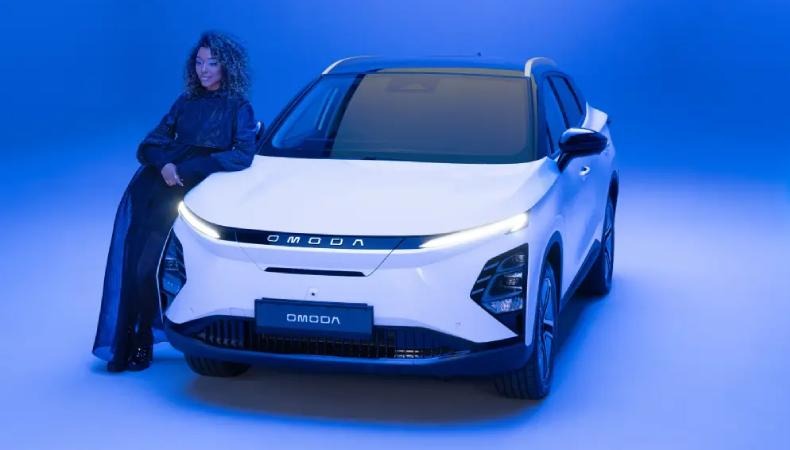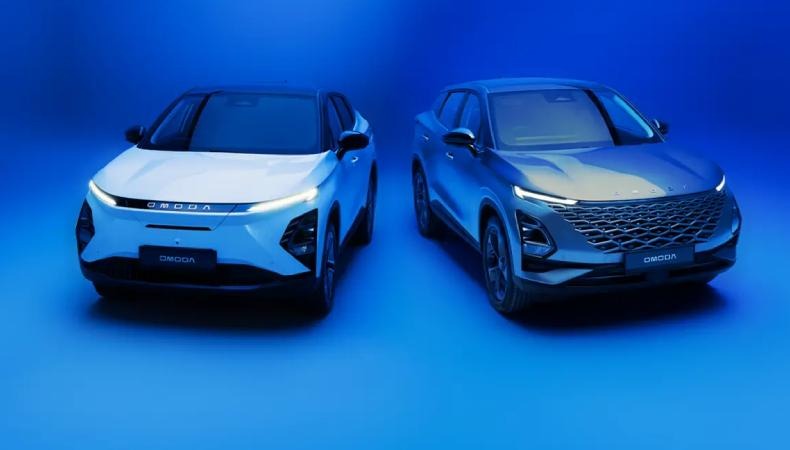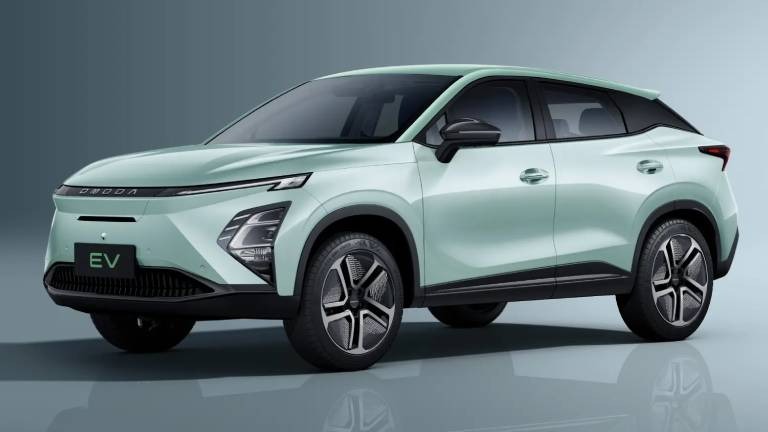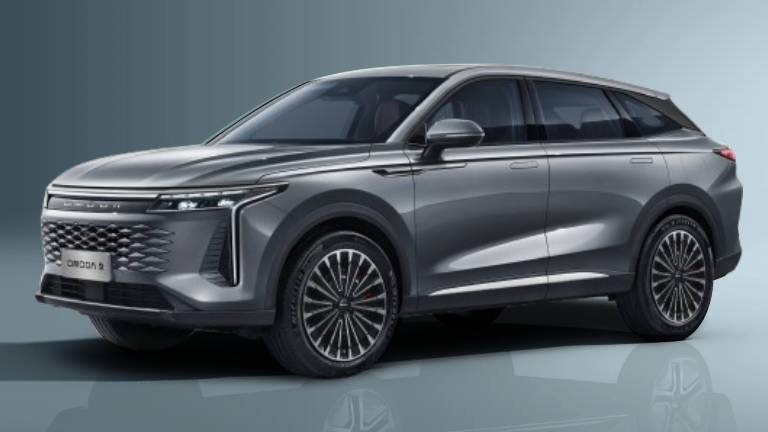LIVING WITH AN EV
Choosing an EV offers various benefits, including lower running costs, government grants, tax savings, local incentives, and less maintenance. EVs also provide instant performance and have fewer moving parts. Understanding charging types (AC vs. DC), battery range, and energy usage can further optimise your EV experience. Public chargers are faster, and various energy tariffs can offer savings. Plus, EVs come with an 8-year battery warranty.
Battery
We know that the range of the battery can vary due to external factors, but there are things you can do to optimise the range:
- Heated seats use less energy than the cabin heater
- Accelerate and brake gradually
- Pre-cool or pre-warm your car while it’s plugged in using the OMODA app
You can maximise the life of the battery by only charging to 80% on most occasions. Obviously you can still charge to 100% if you know you’ll need the full range.
For peace of mind, we have a class-leading an eight-year or 100,000-mile battery warranty, providing coverage against material or manufacturing defects. This means we will repair or replace any such defects free of charge within the eight-year warranty period, to return the battery capacity to at least 70% of the original capacity.
Charging
Living with an EV involves a different mindset to a petrol or diesel car. Whereas previously you will only fill up with fuel when you’re nearly empty, with an EV it’s best to plug in and charge whenever you get home or to work.
Some energy companies have EV-specific tariffs, which give you very cheap power at specific times. With the Omoda app, you can schedule your charging to coincide with these off-peak hours.
Public charge points tend to charge more quickly than home chargers. The Omoda E5 charges at a maximum rate of 80kW. Our battery is 61kW, which means it can be charged from 0-100% in as little as 45 minutes.
There are more than 68,000 public charge points in the UK, and that’s growing every day.
Cheaper to run
Charging the battery on an EV is usually much cheaper than filling a tank of fuel in a petrol or diesel vehicle, meaning the running costs of EVs are lower.


Government grants
The government still provides grants towards home chargers for some people. A grant for electric vehicle chargepoints, often referred to as an EV chargepoint grant, provides financial assistance to help cover the cost of installing an EV chargepoint socket at your home - See more here.




